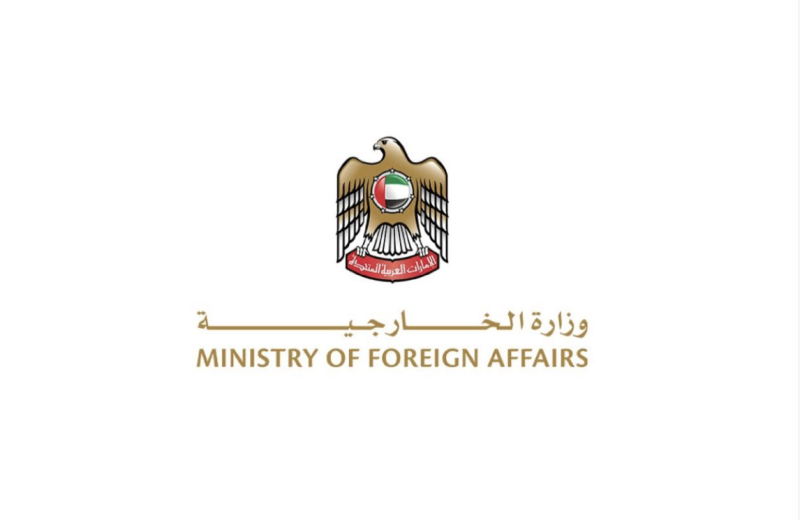UAE to offer VAT refund to tourists for online purchases


The UAE will now offer value-added tax refunds for e-commerce purchases made by tourists during their stay in the Emirates. The move aims to boost the country's position as a tourism and e-commerce hub, the Ministry of Finance’s Federal Tax Authority (FTA) said on Monday.
The FTA developed the initiative in partnership with Planet, the authorised operator of the VAT refund system for tourists in the UAE. Under the new system, tourists can request VAT refunds directly through registered e-commerce platforms by submitting their travel document details at the time of purchase, before their orders are shipped.
The VAT refund registration is completed once the tourist’s identity is verified during delivery or online order fulfilment, the FTA said. Khalid Al Bustani, FTA director general, said the system reflects the UAE’s push for digital transformation and strengthens its position as a tourism hub.
“The VAT refund procedures are processed smoothly, quickly, and efficiently, from the moment of purchase until the refund is completed when the tourist departs the country,” Mr Al Bustani said.
The FTA said the new system also ensures compliance with tax legislation. The UAE introduced a 5 per cent VAT on a majority of goods and services in January 2018 as part of its plans to diversify the economy and reduce its dependence on oil.
The VAT refund scheme for tourists has been available in the Emirates since November of the same year. Tourists who spend at least Dh250 ($68) on purchases can claim their VAT refunds at designated outlets before leaving the country.
In June 2019, Planet launched fully automated self-service kiosks across the country to provide tourists with a simple way to claim VAT refunds before departing the UAE. The UAE also introduced a paperless tax refund system in 2022 for tourists visiting the country, doing away with the need to retain receipts.
UAE's evolving tax landscape
The new system is part of a broader shift in the UAE’s tax landscape as the country introduces reforms to diversify its revenue sources and reduce reliance on hydrocarbons. The UAE implemented a federal corporate tax at a standard rate of 9 per cent, effective for financial years starting on or after June 1, 2023.
Last week, the country also announced that large multinational enterprises will be subject to a 15 per cent domestic minimum top-up tax on profits, up from the current 9 per cent, starting from financial years beginning on or after January 1, 2025.
The UAE is also considering new corporate tax incentives, including refundable tax credits of up to 50 per cent for research and development activities starting in 2026 and for high-value employment roles from January next year. These would be intended to boost innovation, attract top talent and enhance the country’s global economic competitiveness.
During the first three quarters of this year, the UAE government generated revenue of Dh272.6 billion from taxes, according to Ministry of Finance data.

Abu Dhabi -- The UAE has inaugurated the Emirates Medical Centre in Khan Younis, south of the Gaza Strip, as part of the Operation Chivalrous Knigh…

Abu Dhabi -- The United Arab Emirates has condemned the shooting incident that occurred at Brown University in the state of Rhode Island, which res…

Abu Dhabi -- The United Arab Emirates has condemned in the strongest terms the terrorist attack that occurred at a Jewish gathering in the city of…